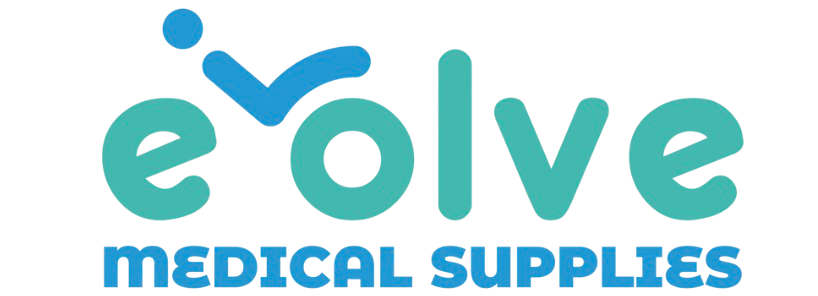How Do Oral Care Swabs Work?

How Do Oral Care Swabs Work?
Oral care swabs, also known as oral swabs or oral foam swabs, are specialized tools designed to help with oral hygiene for individuals who have difficulty brushing their teeth or are unable to use traditional toothbrushes. These swabs are commonly used in hospitals, nursing homes, and home care settings to maintain oral health for patients with limited mobility or medical conditions that make traditional toothbrush use challenging.
Here’s how oral care swabs work:
- Soft Foam Head: Oral care swabs have a soft and gentle foam head that is typically coated with a dentifrice, a cleaning agent similar to toothpaste. The foam head is non-abrasive and designed to be gentle on the gums and teeth.
- Cleaning Action: To use an oral care swab, the caregiver or the individual themselves moistens the foam head with water or mouthwash. Then, they gently rub the foam head against the teeth, gums, and tongue, mimicking the brushing motion of a toothbrush.
- Removing Plaque and Debris: The foam head’s texture, combined with the cleaning agent, helps to remove plaque, food particles, and debris from the surfaces of the teeth and the mouth. This action helps to reduce the risk of dental issues such as cavities, gum disease, and bad breath.
- Rinse-Free: One of the significant advantages is that they are typically rinse-free. Since they are moistened with water or mouthwash rather than toothpaste, there’s no need to rinse the mouth after use. This makes them convenient and suitable for individuals with limited mobility.
- Disposable: Oral care swabs are usually disposable, meant for single-use, and come individually wrapped. This ensures hygiene and prevents the spread of infections.
- Variations: Some swabs may also have a ridged or ribbed design on the foam head to enhance cleaning effectiveness and provide a massaging effect on the gums.
While oral care swabs are a valuable tool for maintaining oral hygiene in certain situations, they are not a replacement for regular toothbrushing. Whenever possible, individuals should continue to use traditional toothbrushes for thorough and comprehensive oral care.
For those who cannot use a toothbrush, they offer an effective alternative to keep their oral health in check and promote a clean and fresh mouth. It’s essential to consult with a dentist or healthcare professional to determine the most suitable oral care routine for individuals with specific oral health needs.
Live Care Advice
Available
Speak to a Care Specialist 24/7
858-650-9057
Join our email list.
We’ll send you expert product recommendations, helpful articles, & caregiver stories.Quick Links
Accounts
Get in Touch
- 858-650-9057
- support@evolvemedicalsupplies.com
- 11160 Rancho Carmel Dr STE 106 #1035 San Diego, CA 92128


